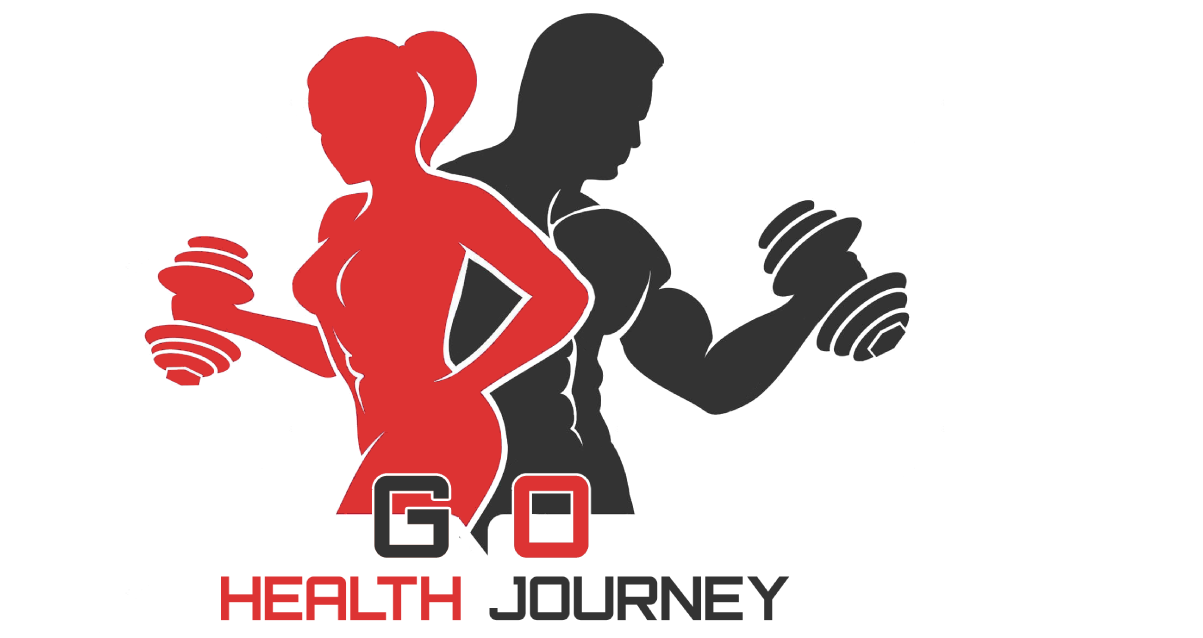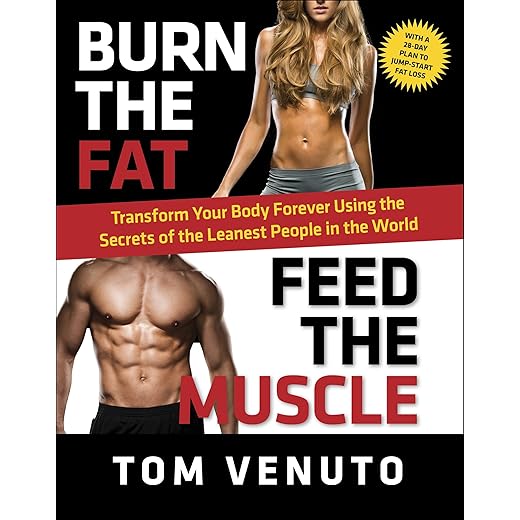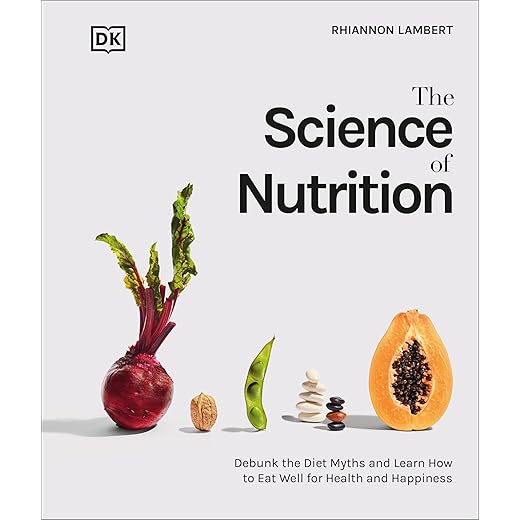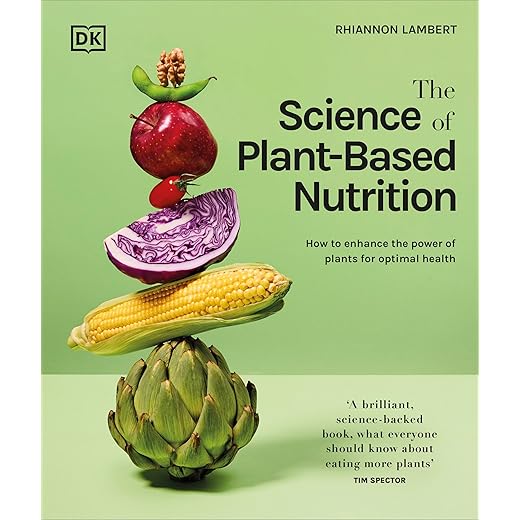There’s a surprising list of foods that can slow down your muscle growth and even cause unwanted weight gain. If you want to get the best results from your hard work in the gym, you need to be careful about what you eat. Avoiding items like sugary protein shakes, fried foods, and artificial sweeteners can make a big difference in building lean muscle. Instead, focus on nourishing your body with whole, healthy foods that support your goals and keep you feeling energized throughout your journey.
The Deceptive Allure of Protein Supplements
Are protein supplements really as beneficial as they seem?Protein supplements often promise quick and easy muscle gains, but many contain hidden pitfalls that can undermine your progress. While they’re marketed as convenient sources of nutrition, these products can be loaded with excess sugars, artificial additives, and fillers that contribute more to fat gain than muscle growth. Relying too heavily on these powders and shakes can also distract you from focusing on whole-food sources packed with vital nutrients your muscles need to thrive.
High Sugar and Unnatural Ingredients
Many protein supplements sneak in high amounts of sugar and artificial ingredients to improve flavor and texture. Some powders contain upwards of 15 grams of sugar per serving, which can spike insulin levels and promote fat storage rather than muscle building. Ingredients like artificial sweeteners, preservatives, and colorings may further disrupt your metabolism and hunger cues, making these convenient options potentially more harmful than helpful in the long run.
Nutritional Myths and Misconceptions
The belief that protein supplements are the only way to hit your daily protein goals is misleading. Whole foods like lean meats, legumes, eggs, and dairy often provide more complete nutrition, including vital micronutrients and fats, without the drawbacks of fillers or added sugars. Additionally, excessive protein intake from supplements doesn’t necessarily translate to faster muscle growth and can strain your kidneys over time.
Popular myths exaggerate the need for protein powders by suggesting you must consume them immediately post-workout or multiple times daily to see gains. Research shows that spreading protein intake evenly across meals from quality sources better supports muscle synthesis. Many athletes who focus on whole-food protein intake achieve superior muscle development without the side effects tied to supplement overuse. Prioritizing nutrient-dense, natural options keeps your body fueled properly without unwanted extras.
The Dangers Lurking in Fried Foods
What hidden health risks come with eating fried foods?Fried foods are loaded with unhealthy fats and empty calories that do little to support muscle growth. Consuming these foods regularly can trigger chronic inflammation and slow down your body’s recovery. The high heat used in frying creates harmful compounds that damage muscle tissue and interfere with the nutrient absorption needed for gains. Cutting fried foods out of your diet frees you up to focus on nutrient-dense meals that fuel muscle repair and growth.
Unhealthy Fats and Inflammation
Fried foods are typically cooked in oils rich in trans fats and omega-6 fatty acids, which spike inflammation throughout your body. This inflammation can impair muscle repair by increasing oxidative stress and breaking down muscle fibers faster than they can recover. Studies link frequent consumption of fried foods to higher levels of inflammatory markers like C-reactive protein, making it harder for you to build clean muscle mass.
The Impact on Recovery and Muscle Growth
The inflammation from fried food consumption impedes the repair of micro-tears in your muscles after a workout, slowing down recovery. This results in longer soreness and reduced protein synthesis, limiting your muscle growth potential. Additionally, fried foods often replace nutrient-rich options, reducing the availability of antioxidants and amino acids crucial for effective recovery.
Diving deeper into recovery, chronic inflammation caused by fried food intake disrupts hormonal balance by elevating cortisol, a catabolic hormone that promotes muscle breakdown. Excess intake can also impair insulin sensitivity, which limits your muscles’ ability to absorb glucose and amino acids critical for repair. Over time, this combination hampers strength gains, causes muscle fatigue, and can stall progress despite consistent training.
Processed Meats: A Recipe for Health Issues
How do processed meats contribute to long-term health risks?Processed meats like sausages, hot dogs, and deli slices often sneak into many diets, but they come with hidden downsides. Packed with high levels of sodium and harmful nitrates, these meats not only add empty calories but also introduce substances linked to inflammation and hinder your muscle-building progress. Lean, fresh protein sources tend to fuel your gains far more effectively without bringing about the health concerns processed meats carry.
Sodium and Nitrate Concerns
Excess sodium in processed meats can elevate blood pressure and cause water retention, which may mask muscle definition and strain your cardiovascular system. Meanwhile, nitrates and nitrites used as preservatives convert into potentially cancer-causing compounds during digestion. These chemicals disrupt normal body functions and could stall your overall fitness objectives by impacting both health and recovery.
Long-term Health Risks and Alternatives
Regular consumption of processed meats has been linked to increased risks of heart disease, type 2 diabetes, and certain cancers, all of which can undermine your muscle-building lifestyle. Substituting with lean options like skinless chicken, wild-caught fish, or grass-fed beef not only supports muscle growth but also enhances heart health and longevity. Incorporating plant-based proteins such as lentils and quinoa can provide variety while minimizing potential risks.
Diving deeper into long-term effects, studies from the World Health Organization classify processed meats as Group 1 carcinogens, associating them with colorectal cancer risk. High sodium intake, common in processed meats, also correlates with hypertension, increasing cardiovascular strain that reduces your energy and recovery capacity. Choosing uncontaminated, fresh proteins ensures you get clean, nutrient-rich fuel supporting muscle synthesis while protecting your health over years of consistent training.
The Sweet Trap of Sugar-Sweetened Beverages
Are sugary drinks silently sabotaging your health?Sugary drinks like sodas, energy drinks, and sweetened juices might seem harmless, but they can seriously derail your muscle-building goals. These beverages cause rapid blood sugar spikes that prompt your body to release large amounts of insulin, which can lead to fat gain rather than muscle growth. On top of that, they provide empty calories with little nutritional value, leaving you hungrier and more prone to overeating. Swapping these out for water, herbal tea, or unsweetened beverages helps you maintain stable energy levels and supports lean muscle development effectively.
Blood Sugar Spikes and Cravings
When you down sugar-sweetened drinks, your blood sugar shoots up quickly, triggering insulin to clear the excess from your bloodstream. This insulin surge not only directs sugar into storage but also affects amino acid uptake, sometimes leading your body to burn these muscle-building blocks for energy instead of repairing tissue. Additionally, this rollercoaster causes strong sugar cravings afterward, making you reach for more high-GI foods and drinks that perpetuate the cycle of spikes and crashes.
Weight Gain and Muscle Building Challenges
The insulin spikes from sugary beverages often promote fat storage over muscle growth, making it harder to see the gains you want from your workouts. Insulin redirects amino acids towards energy use instead of muscle repair, directly limiting your muscle-building potential. Over time, excess calories from these drinks contribute to increased body fat, which can impair your workout performance and recovery.
Delving deeper, the high glycemic load of sugar-sweetened beverages floods your system with glucose so rapidly that insulin works overtime to manage blood sugar levels. This hormonal response shifts the body into a fat-storage mode, often prioritizing fat gain rather than building lean muscle mass. The diverted amino acids, crucial for muscle protein synthesis, are instead used for immediate energy needs, hindering recovery and growth. Clinical studies show that prolonged consumption of sugary drinks correlates with increased visceral fat and reduced muscle quality, making it a double-edged sword against your muscle-building efforts.
The Downside of Refined Grains
How do refined grains negatively impact your overall health?Refined grains like white bread, pasta, and many cereals have been stripped of their fiber and most nutrients during processing. These foods cause quick spikes in blood sugar, leading to inflammation and fat gain rather than lean muscle. While they might seem like convenient carb sources, relying on refined grains can hinder your muscle-building progress by negatively impacting insulin response and leaving you feeling less energized throughout the day.
Nutrient Deficiencies and Energy Levels
Refined grains lack necessary vitamins, minerals, and fiber, which play a key role in sustained energy and recovery. Without these nutrients, your workouts may feel more draining, and muscle repair could slow down. Low fiber also disrupts digestion, causing blood sugar crashes that sap your energy and increase cravings for unhealthy foods.
Better Alternatives for Muscle Support
Swapping refined grains for whole grains like quinoa, oats, and brown rice provides steady energy release and a rich supply of nutrients that support muscle growth. These options contain fiber, B vitamins, and minerals that help regulate blood sugar and reduce inflammation, making them smarter choices on your muscle-building journey.
Whole grains offer complex carbohydrates that digest slowly, maintaining a stable insulin response which favors muscle repair and growth. For example, quinoa delivers a complete protein profile along with iron and magnesium, both vital for muscle function. Oats help sustain energy during long workouts with their high fiber and beta-glucan content, which also promotes heart health. Incorporating a mix of these whole grains ensures you receive a balanced nutrient intake to fuel your training and recovery, while keeping fat gain in check.
The Confusion of Artificial Sweeteners
Are artificial sweeteners truly a safe sugar alternative?Artificial sweeteners might seem like a smart swap to cut calories, but they can actually work against your muscle-building goals. These additives often disrupt how your body perceives hunger and fullness, leading you to eat more overall. Instead of helping you manage weight or fuel muscle growth, they can trigger cravings and overeating. Sticking to natural sweeteners in moderation or whole foods is a safer path to avoid these hidden pitfalls in your nutrition plan.
Disruption of Hunger Signals
Artificial sweeteners interfere with your body’s hunger and satiety cues by confusing the brain’s response to sweetness without the accompanying calories. This mismatch can cause you to feel less satisfied after consuming them, often prompting increased food intake later. Research shows that regular use of these sweeteners may lead to heightened appetite and altered eating behavior, making it harder to control your overall calorie consumption—something that directly impacts muscle gain progress.
Potential Consequences on Weight Management
Consuming artificial sweeteners has been linked to unexpected weight gain despite their zero-calorie nature. Studies suggest that these sweeteners can stimulate cravings for sugary, calorie-dense foods, causing you to eat more than intended. Over time, this can lead to fat gain rather than muscle growth, undermining the very reason you aimed to reduce calories in the first place.
One noteworthy example is a 2017 review in the Canadian Medical Association Journal which analyzed over 30 studies and found consistent evidence associating artificial sweetener consumption with increased Body Mass Index (BMI) and cardiometabolic risks. The problem lies in how your brain and gut react differently to sweetness without calories—creating a cycle where cravings spike and fullness signals weaken. For anyone focused on lean muscle gains, this disruption can result in eating habits that favor fat storage rather than muscle development, making artificial sweeteners a risk not worth taking.
Summing up
Summing up, if you want to build muscle effectively, you should steer clear of foods like sugary protein shakes, fried foods, processed meats, sugary drinks, refined grains, and artificial sweeteners. These can all hinder your muscle gains by causing inflammation, weight gain, or disrupting your body’s natural processes. Instead, focus on whole, nutrient-rich foods that support your goals and fuel your progress in a healthy way. Making smart choices with what you eat will help you build muscle more efficiently and feel better overall.
FAQ
Many protein shakes and supplements contain high amounts of sugar and artificial ingredients that can lead to fat gain instead of muscle growth. Choosing whole, natural foods rich in protein, healthy fats, and complex carbohydrates is a better approach for supporting muscle development without adding unnecessary calories or harmful additives.
Fried foods are high in unhealthy fats that can cause inflammation, which may damage muscle tissue. Additionally, they often contain empty calories that do not contribute to muscle growth, making them counterproductive for those aiming to build muscle mass.
Processed meats typically contain high levels of sodium and nitrates, substances linked to health issues such as heart disease and cancer. Limiting processed meats in favor of lean protein sources like chicken, fish, and grass-fed red meats can support better overall health and muscle-building goals.
These beverages cause rapid spikes in blood sugar, triggering insulin release. Insulin directs amino acids to be used for energy rather than muscle repair and growth, which can hinder muscle-building progress. Opting for lower glycemic index foods helps maintain steady blood sugar and supports muscle development.
Artificial sweeteners may interfere with the body’s natural hunger signals, leading to increased food intake and cravings for sweet foods. This can result in consuming more calories than intended, potentially causing weight gain and making it more difficult to build lean muscle effectively.






















